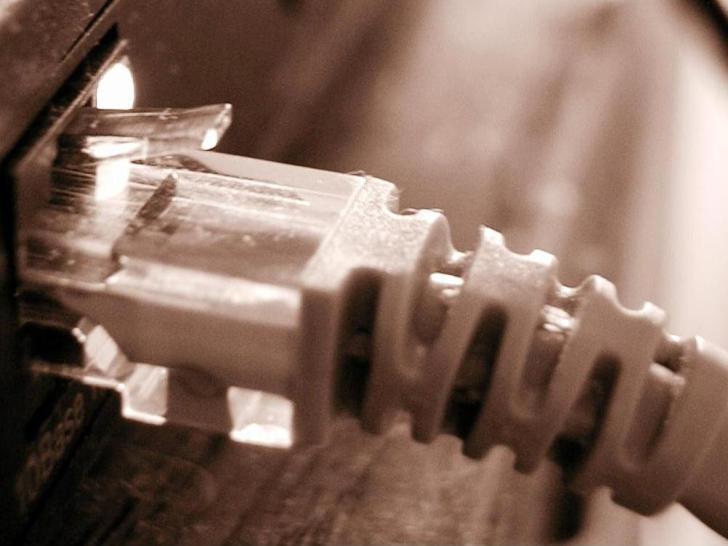Revealed: The world's fastest broadband
It isn't the UK or the US. So who's got the best broadband?

If broadband is an animal, we've got a donkey.
In the UK, the average connection doesn't even deliver 8Mbps, which means we're so far behind other countries even Lithuania is laughing at us.
So who's got the best broadband, and why isn't it us?
To find out, TechRadar spoke to the broadband experts at Point Topic and immediately became depressed.
In parts of Asia, the average broadband connection is five times faster than ours, and in Japan – the king of high-speed broadband – the average connection speed is a whopping 91Mbps.
South Korea comes a close second with an average connection speed of 42Mbps, while Russia and Lithuania average 24Mbps.
Fibre means fast
Sign up for breaking news, reviews, opinion, top tech deals, and more.
The reason is fibre. Where the UK phone network is largely made of old twigs and bits of string, countries such as Japan and South Korea have invested heavily in fibre-optic connections. In Japan, fibre accounts for 44% of the broadband market, while in South Korea it's a respectable 38.5%.
There are a number of advantages to fibre. First of all, it's capable of much higher speeds than the copper cabling that delivers DSL; secondly, it doesn't suffer from the same dramatic attenuation – that is, the loss of signal quality – that makes DSL speeds drop the further you are from the phone exchange.
So does our slowcoach status matter? Point Topic's Oliver Johnson says it does. "Getting fibre broadband out into the market is vital," he told us.
"Without it, consumers and businesses will be in the second class carriage on the internet. Access to cutting-edge applications like total telepresence, meaningful telemedicine applications, multiple high definition IPTV channels as well as unhindered access to the coming cloud of applications and processing resources are core to the continuing competitiveness and growth of the UK."
He continues: "The UK is already behind. It takes time to roll out fibre infrastructure. Japan and Korea are well ahead, but even compared to many European markets the UK is slow out of the blocks."
Paying for faster broadband
That's because in addition to time, fibre upgrades are expensive. According to the Broadband Stakeholder Group, which advises the government, running 100Mbps fibre-optic cabling to our homes would cost £28.8 billion.
The next best solution, upgrading the cabinets in our streets to deliver up to 40Mbps, would cost £5.1 billion. The prospect of Gordon Brown stumping up nearly £29 billion for broadband was always pretty remote, and now that he's bailed out the banks the coffers are empty.
So if the government won't pay for it, who will?
The answer appears to be: nobody. UK consumers are generally more interested in price than speed, and no sensible operator is going to invest millions in fibre connections they can't sell.
That means we're left with two options: we can hope we'll be covered by BT's upgrade plan (10 million homes by 2012, with some getting 100Mbps and most getting 40Mbps) or Virgin's upgrade plan (200Mbps via cable by 2012), or we could all move to Japan.
Now, where did we put our passports?

Contributor
Writer, broadcaster, musician and kitchen gadget obsessive Carrie Marshall has been writing about tech since 1998, contributing sage advice and odd opinions to all kinds of magazines and websites as well as writing more than twenty books. Her latest, a love letter to music titled Small Town Joy, is on sale now. She is the singer in spectacularly obscure Glaswegian rock band Unquiet Mind.